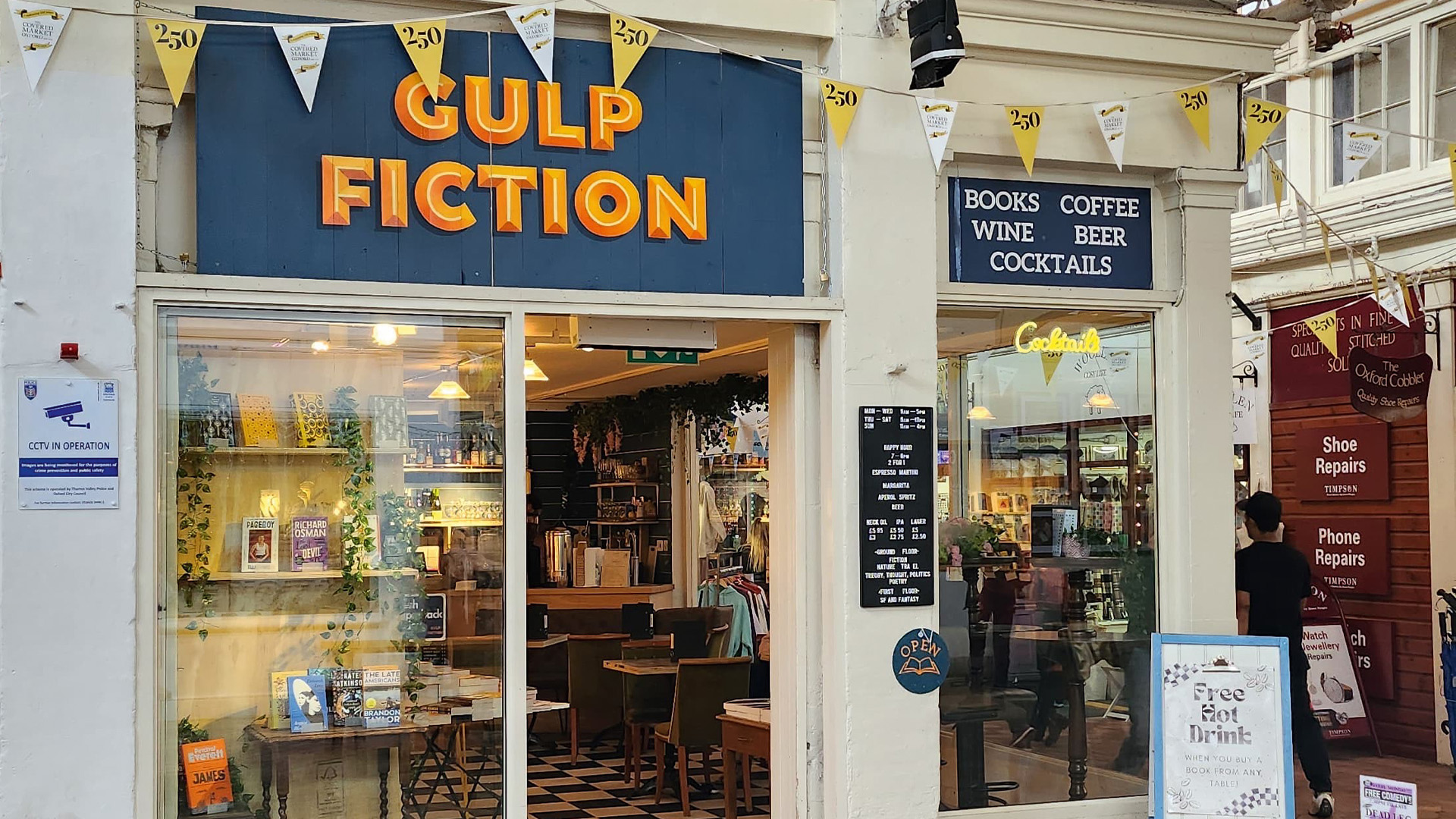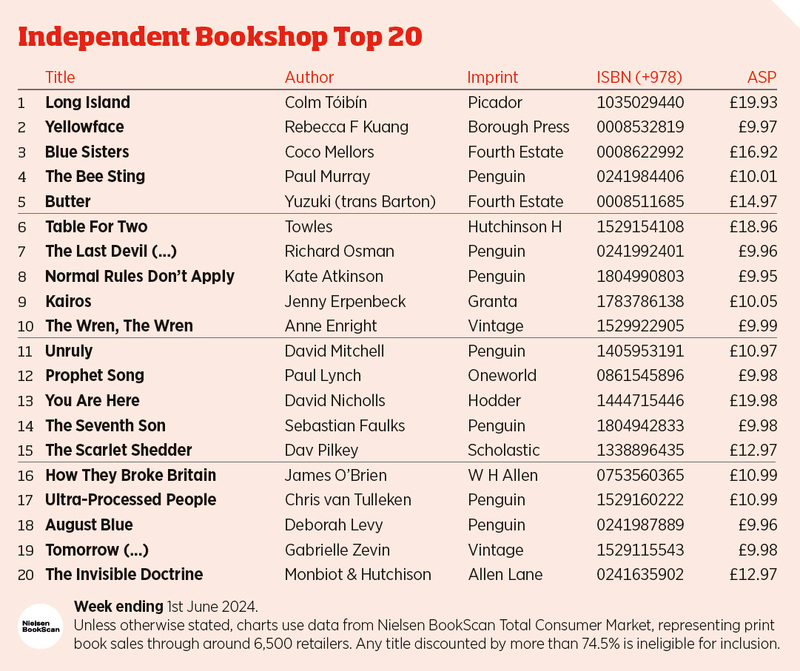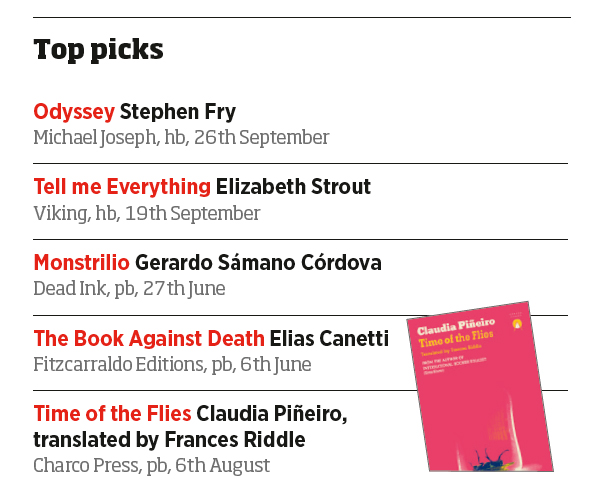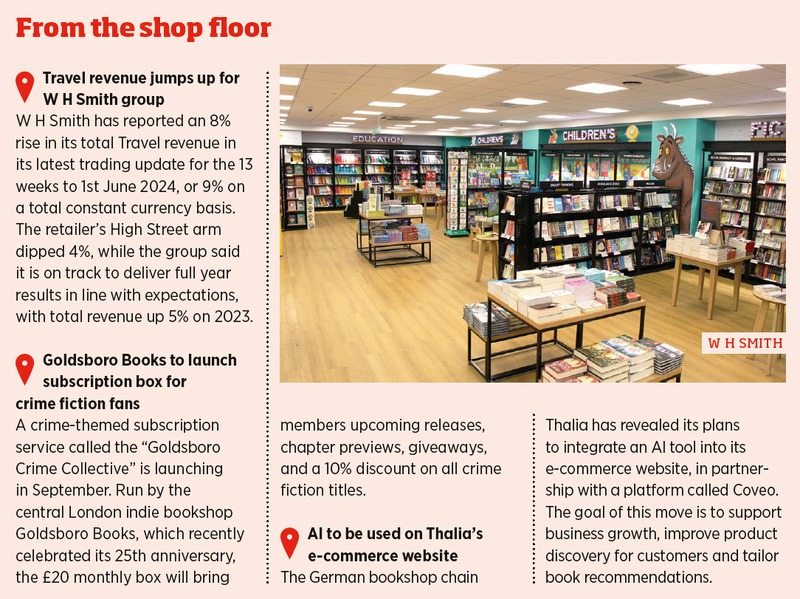Bookshop Spotlight: Gulp Fiction
Oliver Mason’s bookselling dreams were put on hold during lockdown—until he entered a life-changing competition that allowed him to open his own bookshop.
Gulp Fiction, Unit 28, 29 Covered Market, Oxford OX1 3DU
Delivering bubble tea to the well-off dwellers who reside inside the Oxford Ring Road was never the dream for Oliver Mason. “As far back as I can remember I knew that my life would have something to do with literature,” he tells me. After working at Topping & Company and Waterstones in Bath, and then Blackwell’s in Oxford — “not the big, fancy one,” he clarifies, “the little one opposite Krispy Kreme in the Westgate centre” — everything seemed to be going according to plan.
“Furlough on a bookseller’s wage was unliveable, and as my parents live in a one bed council flat, there was nowhere to which I could retreat,” he tells me, recalling the time when the pandemic struck. Mason signed up as a courier for Uber Eats Delivery, putting a pause on his bookselling dream. He distributed fast food by day and developed a business plan in his free time. “The break from bookselling that [the] pandemic gave me allowed me to clear my mind and realise that I wanted to do bookselling for myself, in my own way, my own style,” he explains.
Times were tough, and Mason’s bookselling vision seemed distant, though not entirely out of reach. “I was desperately broke, unable to afford heating for the one bed flat that I had found myself in,” he says. “My diet consisted of pasta and pesto primarily—it was all I could afford.” Sitting in his cold flat one day during the lockdown of November 2020, he got an email from Uber Eats, advertising a ‘Dragon’s Den style competition’ for couriers; the prize was a grant. “So, I entered, and won,” he recalls. “I then pestered the council and told them about my idea—they were so desperate to get new businesses into Oxford that they gave me a place in the Covered Market pretty quick.”
With the extra support of a government start up loan, yet another grant and the backing of the social enterprise Makespace, Gulp Fiction came to be. “I put in a hell of a lot of work to get the place going—I made the shelves, the bar, the tables, pretty much everything in the shop by hand (with help, of course) and put in a tremendous number of solo hours setting up so as not to push the budget,” Mason says. “After a year or so of jiggery-pokery, woodwork, alcohol licensing courses, working in coffee shops and pubs to make ends meet, and bureaucracy, I was ready to open.”
As the name strongly suggests, Gulp Fiction offers both beverages and literary fiction, but also nature and travel writing, theory titles and politics books. Science fiction and fantasy have their own sections as well, alongside poetry and plays. Customers can try new cocktails at the shop, since the menu is now being updated every month. Soon, they will also be able to buy pastries to enjoy with their coffee, which they can do sitting inside or—as of couple of weeks ago—al fresco. Tote bags will also be available at Gulp Fiction soon, and Mason is even thinking of starting a podcast. “My job description is two words long: do everything,” he says: “At least it’s clear.”
The owner is supported by a team of five booksellers and bartenders. The shop is busiest on weekends, but customers come in to browse on weekdays too. “There are three levels of business,” Mason explains, “absolutely rammed, steady, and bloody dead.” Weekends are the former, while on weekdays, a steady flow of customers is punctuated with “the occasional siesta”. A range of events are held at the shop, including readings, a weekly pub quiz and music gigs, while the owner aims to “get a more robust and consistent schedule of authors this year”.
Mason has big plans for the future, with a second shop in a new location also in the cards. His focus with Gulp Fiction remains on the in-store experience, and he places an emphasis on “events, service, and caring for bookshops as spaces”. However, the owner also says that he is keen to grow the shop’s online presence. “My primary goals with [the] online aspects of the business are to increase footfall, to have a platform to engage with our customers, and to advertise events,” he tells me. “Sure, selling a few books online would be nice, but it won’t be the main focus. If we do make sales of books, it will have to be driven by social media content.”
Trading has been good for the bookshop, and Mason says the business is growing, despite the cost of living pressures felt by customers. “I think we are lucky to live in a city with lots of well-off folk in it, honestly,” he says. “Everyone is feeling the pinch, but I thank the bookselling gods every day that the average paperback is priced around a tenner. It’s not nothing by any means, but books are sold at a price that can be shoehorned into a tight budget.” His goal is to maintain “a standard of excellence when it comes to bookselling”, and judging by the shop’s continued success, he is already achieving it.













